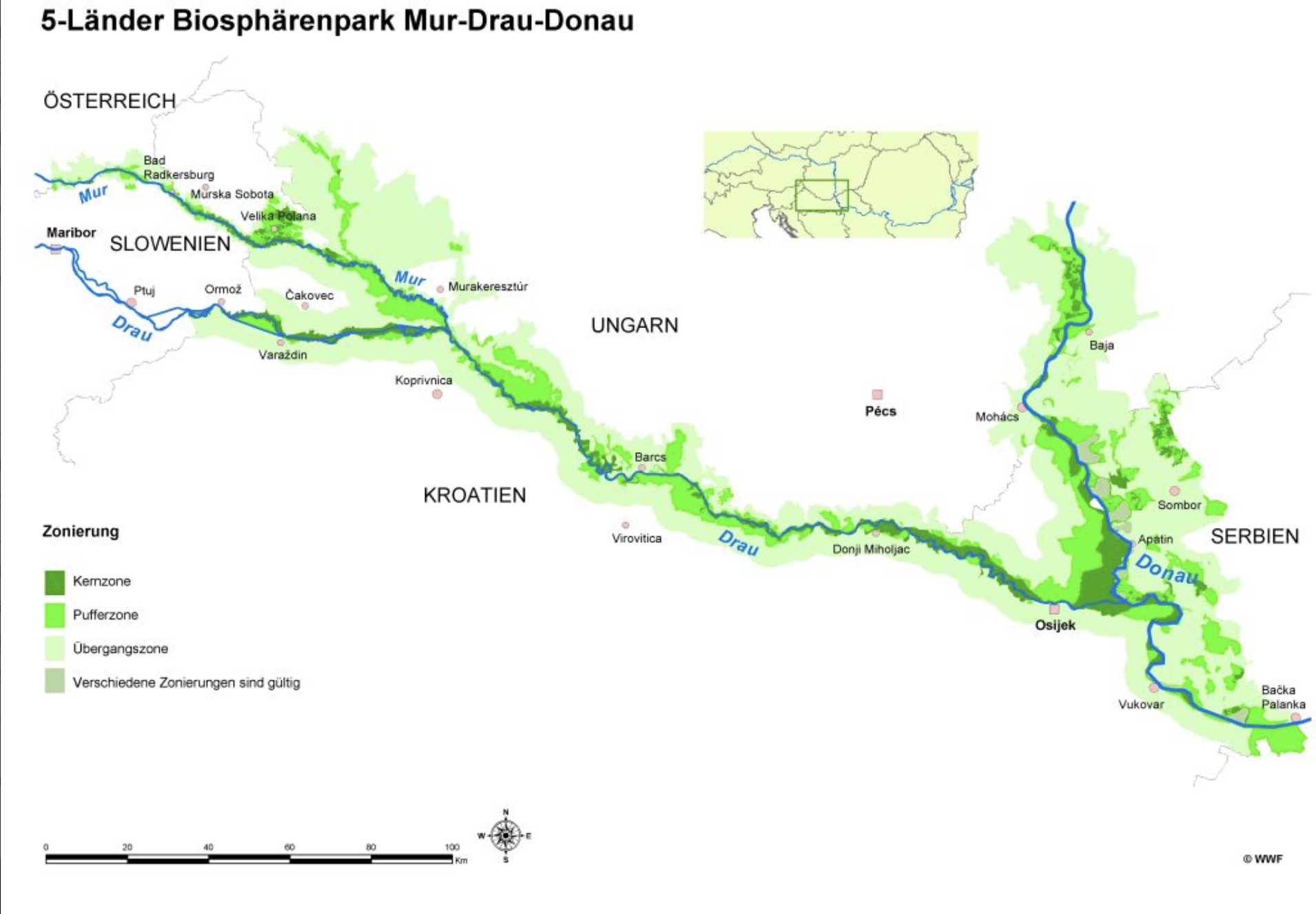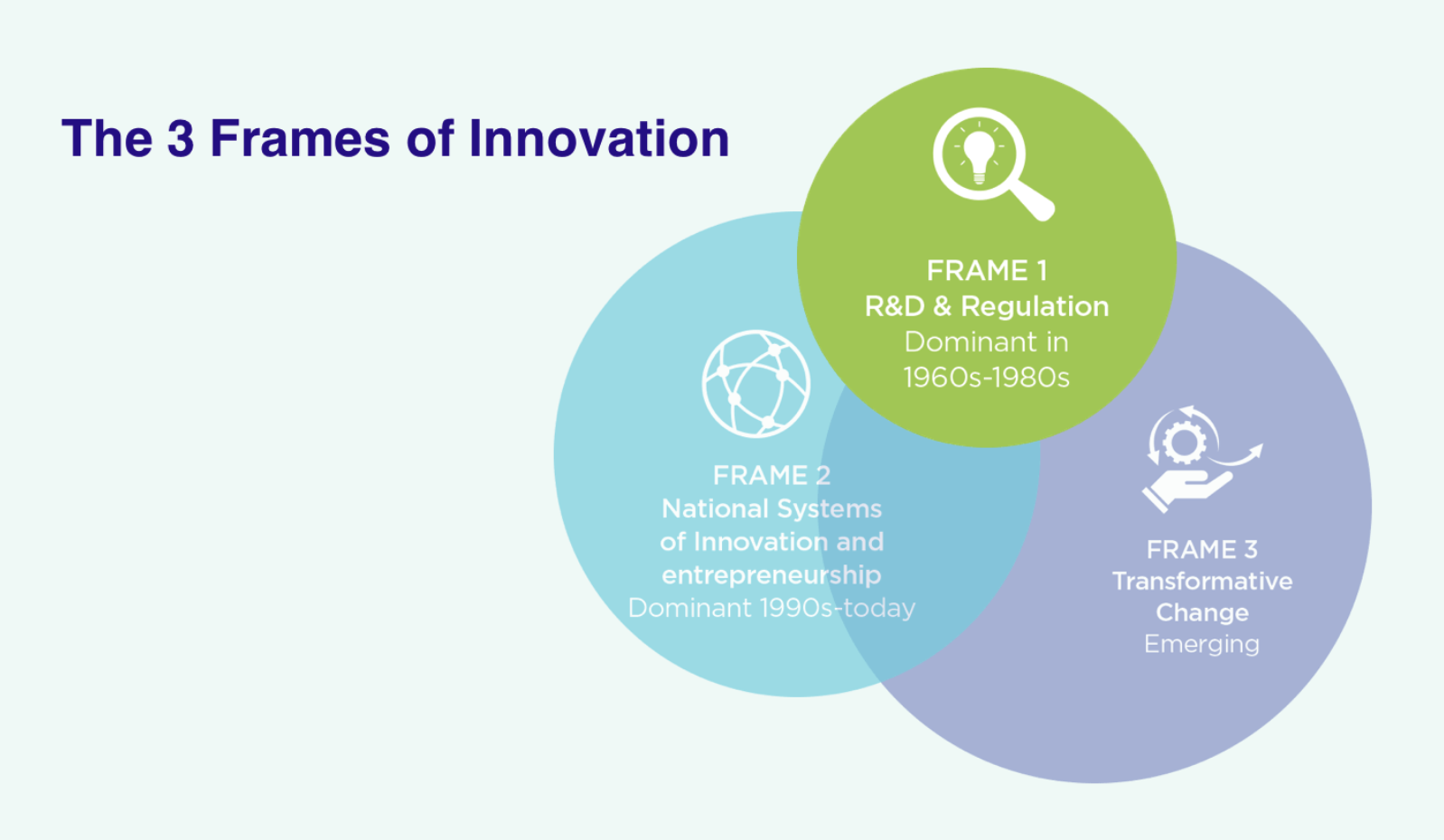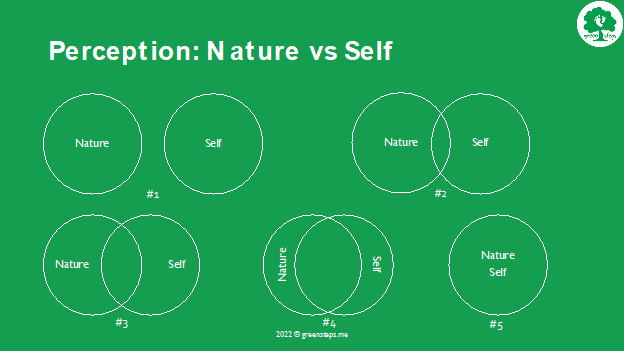Author:
Green Steps
Short summary:
On November 17, the 5th Forum on Biodiversity and Ecosystem Services took place at the Museum of Nature in St. Pölten, Austria. Green Steps was invited to present the pilot project "Mobile Campus 4.0" amongst other best practices in the online prelude to the event. Despite promising local projects, the general mood was rather pessimistic.

Under the title "Ready for Transformation? From crisis to nature-friendly society", the Biodiversity Network and the Austrian Biodiversity Council hosted their fifth annual meeting on November 17. Speakers from bureaucracy, research and practice shared their different opinions and strategies on the causes and solutions of the biodiversity crisis with about 200 participants. Green Steps presented the Mobile Campus 4.0 pilot project as a contribution at the intersection of education and ecology.
The forum organizers see the biodiversity crisis undermined by the energy crisis: The ongoing crises create political emergency responses and a subordination of proactive biodiversity measures. Relevant legal bills are stuck in the legislation pipelines, and planned projects are postponed for years. The shift to renewable energy, which is now to be brought about immediately pushes biodiversity protection into the background.
The forum was opened by Dr. Heidi Wittmer, Director of the Leipzig based Helmholtz Center for Environmental Research. Christian Holzer, Section Head of Department V in the Federal Ministry for Climate Protection, presented the bureaucratic framework for Austria. Interesting practical examples were presented, for example, by Andi Haid, a mayor of small Alpine municipality in the far West of Austria. In this small community, something like a survival mentality has materialized as a common denominator because people recognized the basis of doing business in nature.

The presentation of Alexander Maringer, Head of Conservation and Research at the Gesäuse National Park was also remarkable. He explained to the plenary that IUCN category 2 areas in Austria cover only 2.8% of the national territory but encompass 70% of the species. From the perspective of Green Steps, this illustration reflects how much the focus on biodiversity undermines the focus on ecosystem services. After all, 96.8% of Austria is not a IUCN Category 2 area, but provides the lion's share of all ecosystem services.
Maringer described that similar to most environmental movements, the Gesäuße National Park started with a plan for economic exploitation (in this case the hydropower of the Enns River), which was opposed by the population and eventually led to its declaration as a nature reserve, then a natural monument, and only 20 years ago to the creation of a national park. Since 2003, the Gesäuße has been an IUCN-recognized national park. However, according to Maringer, this international recognition is easy to obtain; the real problems are in national park administration when it comes to inter-state agendas. Austrian federalism as a stumbling block in environmental protection?
In contrast, WWF was able to report a success in the creation of the 5-country UNESCO Biosphere Park Mur-Drava-Danube, which stretches from Austria to Serbia over a massive area of 9300 km2. WWF pursued this project for over 20 years and was able to build an international alliance for the creation of the park. More than 700km of unobstructed river courses meander through the countries, providing a unique habitat for many species. Interesting the remark of WWF staff member Marie Pfeiffer that a common enemy was necessary to unite the environmentalists of these different countries. What common enemy does humanity need to unite against extinction?

Environmental psychologist Magdalena Wicher from Laxenburg Institute for Advanced Studies gave an interesting insight into the motivation for action of European and national decision makers and spoke on the framework of transformation. In recent decades, two conceptual frameworks have dominated the development of innovation policy, based on the supply-side innovation model of the 20th century, which sees competition between nations and the promotion of R&D as the main starting point for policy making. Both models assume that economic growth is always positive and ignore many of the unintended consequences of scientific and technological development that have negatively impacted society and the environment. A third concept, transformative innovation policy (TIP), is emerging-a concept that focuses on social and environmental problems.
TIP focuses on mobilizing the power of innovation to address a wide range of societal challenges, including inequality, unemployment, and climate change. The focus is on measures that can steer sociotechnical systems in socially desirable directions and embed change processes in society. TIP addresses sociotechnical systems change issues to bring about structural change in the following areas: Governance arrangements between the state, market, civil society, and academia; experimentation and societal learning; responsible research and innovation; and finally, a more constructive role for foresight to shape innovation processes from the outset and on an ongoing basis.

What is transformation? What is the goal of transformation? What does transformation require? These are precisely the questions we ask ourselves far too little. In the absence of a clear goal, a shared vision that is supported by society at large, transformation is impossible. Everyone is ready for transformation, because we know only too well that shit will soon hit the cosmic fan, but there is no agreement on where the journey should go. The result is helplessness and chaos. Finding positive narratives and disseminating them effectively is likely to be one of the biggest challenges. But in a pluralistic society, where not every citizen fearfully reads every intention from the lips of an absolutist party leader, it will be equally difficult to define a common path. In terms of grassroots democracy, we will see dozens more COP meetings, where negotiations are held but no action is taken. Indirect, i.e. unperceived, intervention therefore appears to be the most effective.
Our Researchgate research project provides important food for thought in several articles. Regarding our self-perception, we have to connect with nature to the extent that we speak of an identity instead of a duality. In addition - to summarize Ms. Wicher's list - the following conditions have to be fulfilled:
- clear definitions
- clear and shared vision
- clear strategy to realize the vision
- definition of the actors
- recognize nature as capital (green capital)
- recognize nature as a legal form
- working out solutions together (participation)

Despite the positive forum contributions, the general mood was quite pessimistic. Even if something can be set in motion in small Austria - what does this mean globally? Above all, Christian Holzer, section head in the climate ministry, emphasized the real hurdles at the international level. Austria, as an export nation, would have to stop a good part of its exports, but from an international perspective, it is precisely those countries that are the first to do so that lose out. For the next forum it would be appropriate to define transformation, because the focus on biodiversity and ecosystem services completely ignores social justice – and it is social justice which needs to be – like climate change – addressed globally not nationally.
Further reading:
- https://www.biodiversityaustria.at/netzwerk/biodivforum/5-forum/
- https://www.biodiversityaustria.at/biodiversitaets-hub/
- https://www.biodiversityaustria.at/netzwerk/
- https://www.ufz.de/index.php?de=33573
- https://www.kleinwalsertal.com/de/gde-mittelberg/gemeinde-sehenswuerdigkeit
- https://nationalpark-gesaeuse.at/
- https://www.youtube.com/watch?v=cIiffhHa7hw&t=3s
- https://www.tipconsortium.net/about/
- https://www.ihs.ac.at/people/magdalena-wicher/
- https://www.researchgate.net/project/Green-Steps-ARK
- https://www.researchgate.net/publication/362381735_On_the_Value_and_the_Management_of_Commons





